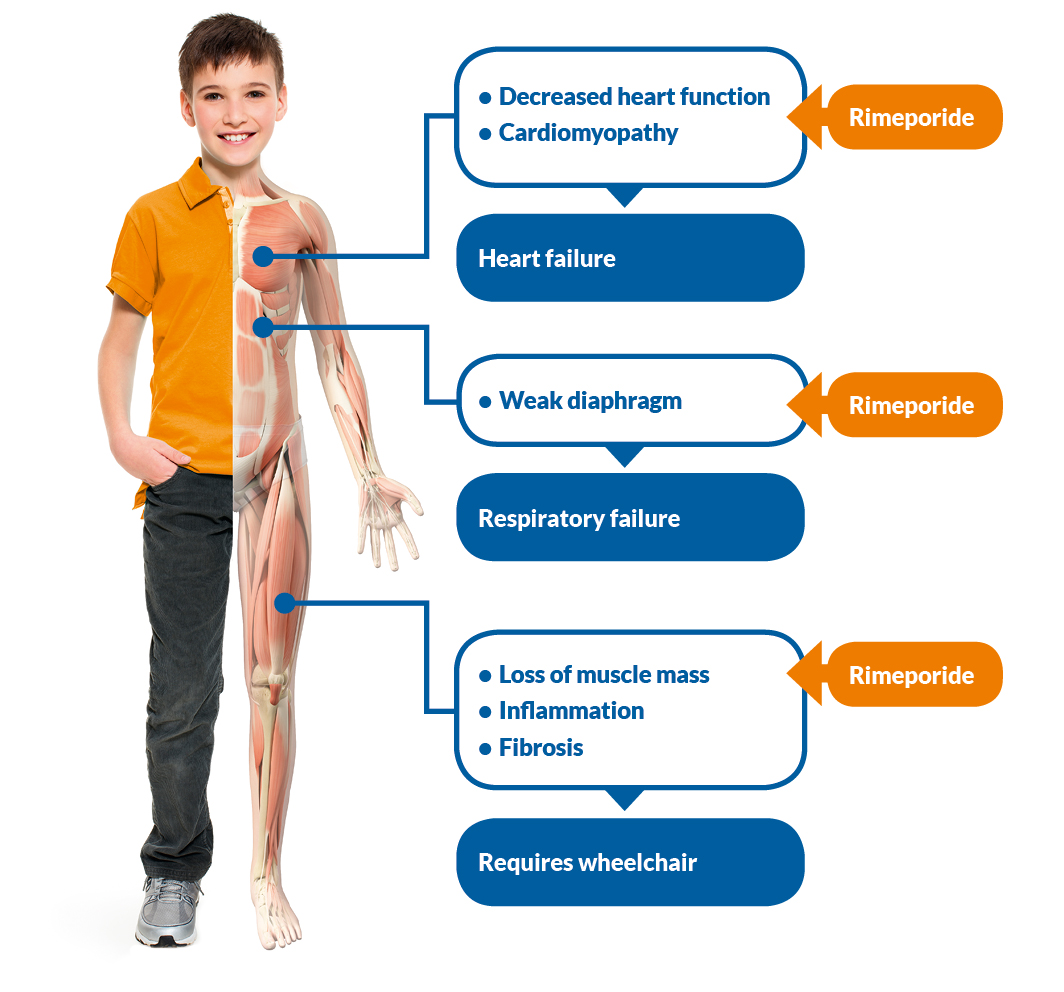Muscular dystrophy (MD) is a group of over 30 inherited muscle diseases that cause progressive muscle weakness and loss. MD affects children and adults of all ages, and can lead to mobility problems and dependence on others for care.
There are many different types of MD, each with its own set of symptoms, rate of progression, and treatment options. The most common form of MD is Duchenne muscular dystrophy (DMD), which primarily affects boys. DMD is caused by a mutation in the gene that codes for dystrophin, a protein essential for muscle function. without dystrophin, muscles break down during exercise or even when at rest. This leads to progressive muscle weakness and wasting (atrophy). DMD typically begins in early childhood with delays in motor milestones such as sitting up or walking. As the disease progresses, boys lose the ability to walk, stand, or use their arms; they may also experience heart and respiratory problems. There is currently no cure for DMD; however treatments are available to help manage symptoms and extend life expectancy.
The next most common form of MD is Becker muscular dystrophy (BMD), which affects both boys and girls but tends to have a later onset than DMD – often not appearing until adolescence or young adulthood. BMD also results from a mutation in the dystrophin gene; however this mutation is less severe than that seen in DMD patients. As such, BMD patients often have milder symptoms than those with DMD; they may be able to walk into adulthood before needing assistance with mobility tasks like climbing stairs or getting out of a chair. Heart problems are also less common in BMD patients compared to those with DSDMEGS . There is currently no cure for BDM but treatments can help manage symptoms and improve quality of life


